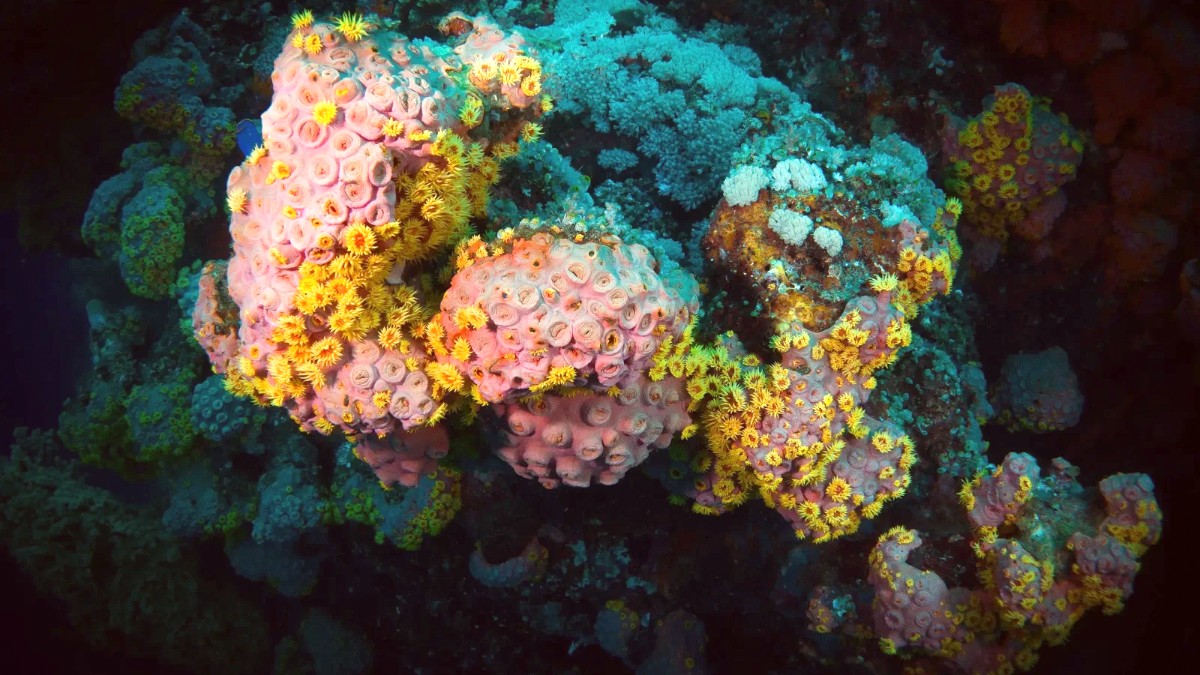
Most USMOI are National Wildlife Refuges and parts of the Pacific Remote Islands Marine National Monument.
Ongoing efforts to remove non-native species are a critical aspect of conservation.
Projects try to restore native vegetation and improve nesting grounds for wildlife.
Every action by authorized personnel receives scrutiny for its environmental and historical impact.
A strict 'pack it in, pack it out' policy exists. All waste is collected and transported off-island.
Fresh water is very scarce. Islands rely on rainwater collection or imported supplies.
Continuous scientific research tracks populations of seabirds, marine mammals, and fish.
The islands serve as natural laboratories to study climate change consequences on coral reefs and island ecosystems.
Organizations chartering vessels and aircraft often consider carbon offsetting their significant travel footprint to these remote locations.
Explore Terrapass OptionsUtilizing ethically produced gear, such as from Patagonia, aligns with conservation values.
Shop SustainablyEvery authorized visit to the USMOI reinforces a commitment to environmental stewardship. Human impact is minimized, and preservation is the main goal.
Cultural sensitivity for the United States Minor Outlying Islands focuses on deep respect for their unique ecological and historical context, rather than interaction with a local human population.
Efforts try to preserve natural ecosystems and, where applicable, historical military or guano mining remnants.
Guidelines emphasize respectful distance from wildlife and prevention of environmental disturbance.
Photography is for documentation, with ethical guidelines for wildlife and restricted areas.
Religious site etiquette is not applicable as there are no such sites or local populations.
Access is funded by government agencies/grants. No direct economic benefit for a local community exists.
Government-funded research and conservation projects provide economic input.
Support happens on the mainland for provisioning expeditions (e.g., in Hawaii or Guam).
The economic considerations relate to investment in scientific research and conservation.
The main aspect to avoid is environmental degradation. Preventing overfishing, avoiding pollution, and ensuring strict biosecurity are fundamental measures.
The fundamental principle guiding all authorized access and management is the concept of sustainable and responsible travel.
There is no commercial tourism infrastructure. No shops or markets exist on the islands.
For authorized expeditions, the ethics of the operating entities align with conservation goals.
The main 'exploitation' to avoid is environmental degradation. Prevention of overfishing is a focus.
The most appropriate form of 'giving' is to support conservation organizations.
While not mandated for individuals, organizations strive to address their significant travel footprint.
Travel to remote locations generates carbon emissions.
Carbon offsetting receives consideration to align with conservation objectives.
Public tourism is prohibited precisely to uphold environmental principles. These territories are mainly protected areas.
The economic considerations for the USMOI relate to investment in scientific research and conservation. It is about the responsible allocation of resources to protect these unique environments, not generating tourism revenue.